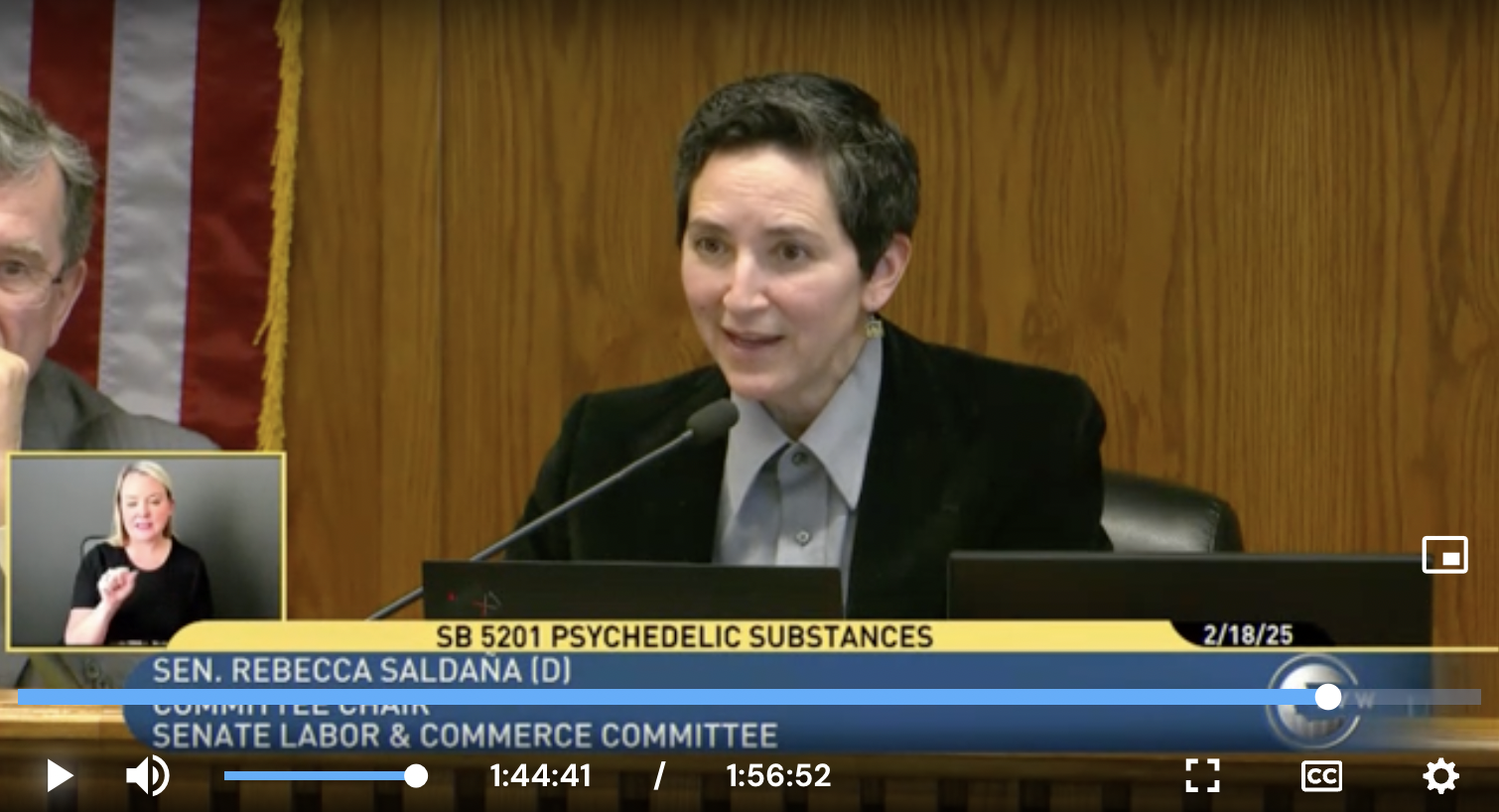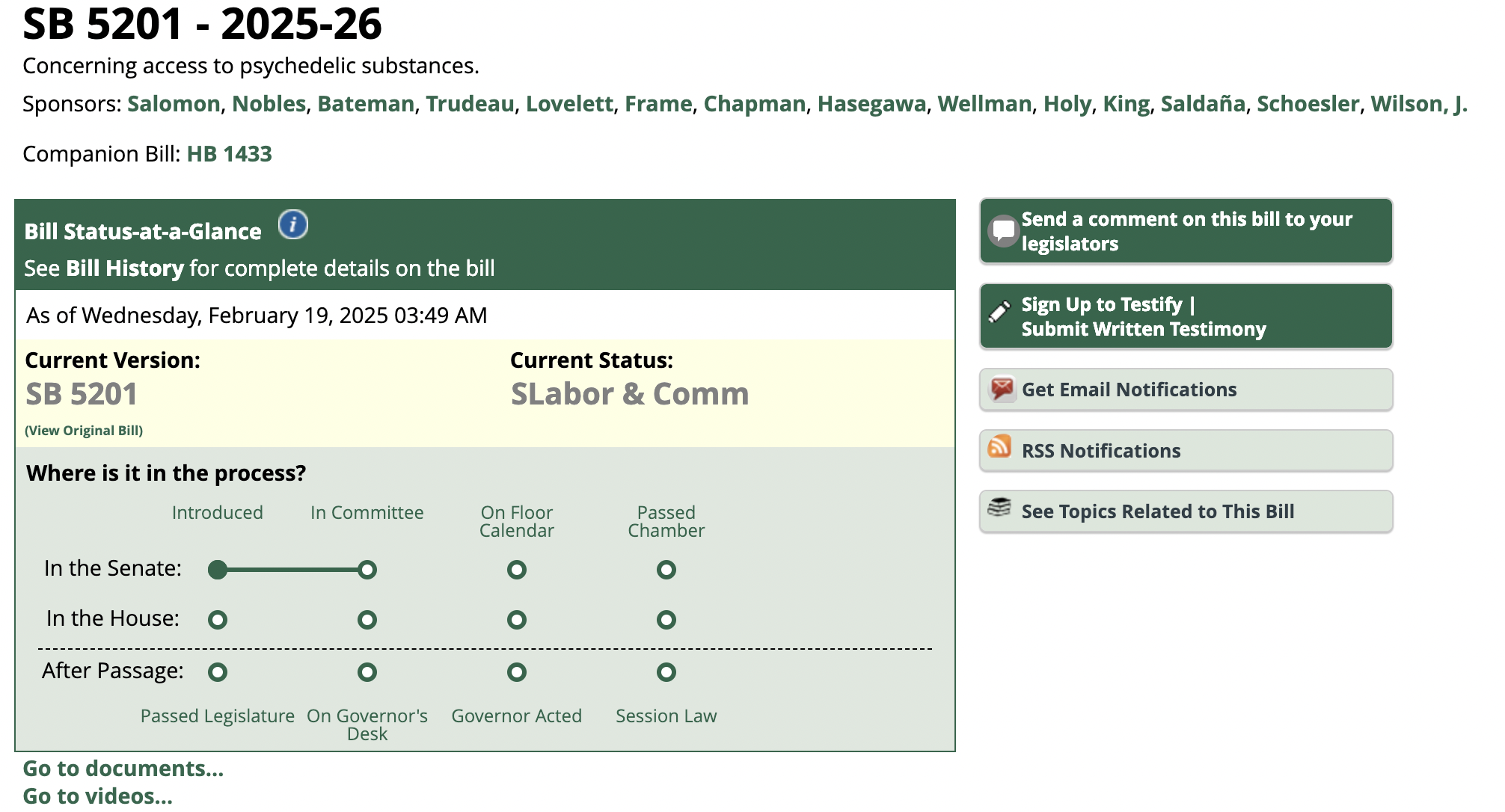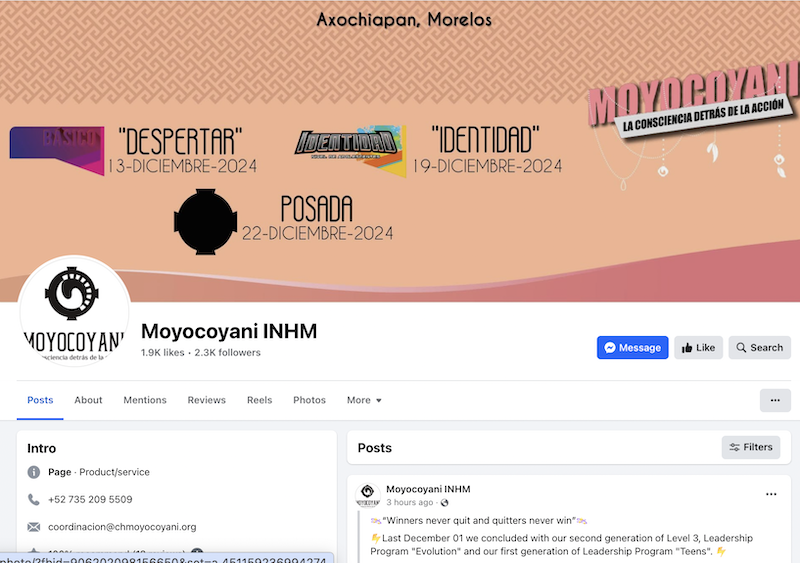While the doctor was high on acid, Flores “allegedly changed the two-step authentication on a brokerage firm account and instead changed the information to his own phone number, giving him access to the $60-million account.”
After the doctor died in 2018, the couple, having by then been kicked out of the beach house, moved back in “and allegedly withdrew large amounts of money from his bank accounts.”
From the LA Times:
The couple were indicted by a grand jury Dec. 15 on multiple charges, including conspiracy to commit wire fraud and mail fraud, aggravated identity theft, conspiracy to engage in money laundering and other charges, according to court documents. …
Sawusch experienced a severe mental breakdown and was arrested, prosecutors said. Flores promised to post bail for Sawusch if he would sign powers of attorney over to Flores, who assured Sawusch once the bail was posted he would rescind the legal title.
But he later refused and claimed he wanted to help Sawusch pay for his bills and other finances by keeping the powers of attorney, according to prosecutors. …
Four days before Sawusch died, Flores initiated two wire transfers of $1 million from Sawusch’s brokerage account to Flores’ own bank account. …
His family sued to reclaim the stolen money, but Flores and Moore allegedly violated multiple court orders to return any funds or documents. They allegedly tried to launder the money by fraudulently transferring the funds through multiple bank accounts. Flores and Moore settled the lawsuit and agreed to pay back $1 million but have not done so, prosecutors said.
Moore and Flores could face decades in prison if convicted on all the charges.



































